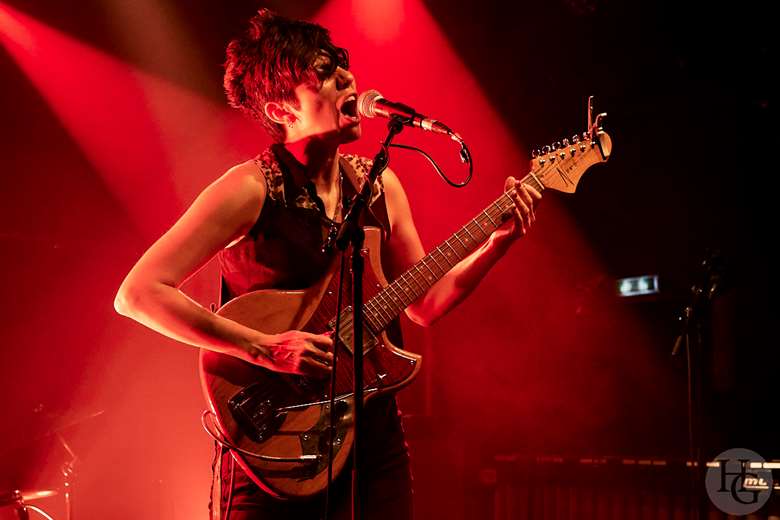The wild west of France plays host to Immanuel Wilkins, Henri Texier, Ava Mendoza and Swedish power-horners Angles
Martin Longley
Wednesday, November 29, 2023
Martin Longley reached the end of the line in an unruly rain-and-windswept Brest, for the 20th edition of the lesser-known Atlantique Jazz Festival…


Register now to continue reading

Thank you for visiting Jazzwise.co.uk. Sign up for a free account today to enjoy the following benefits:
- Free access to 3 subscriber-only articles per month
- Unlimited access to our news, live reviews and artist pages
- Free email newsletter

